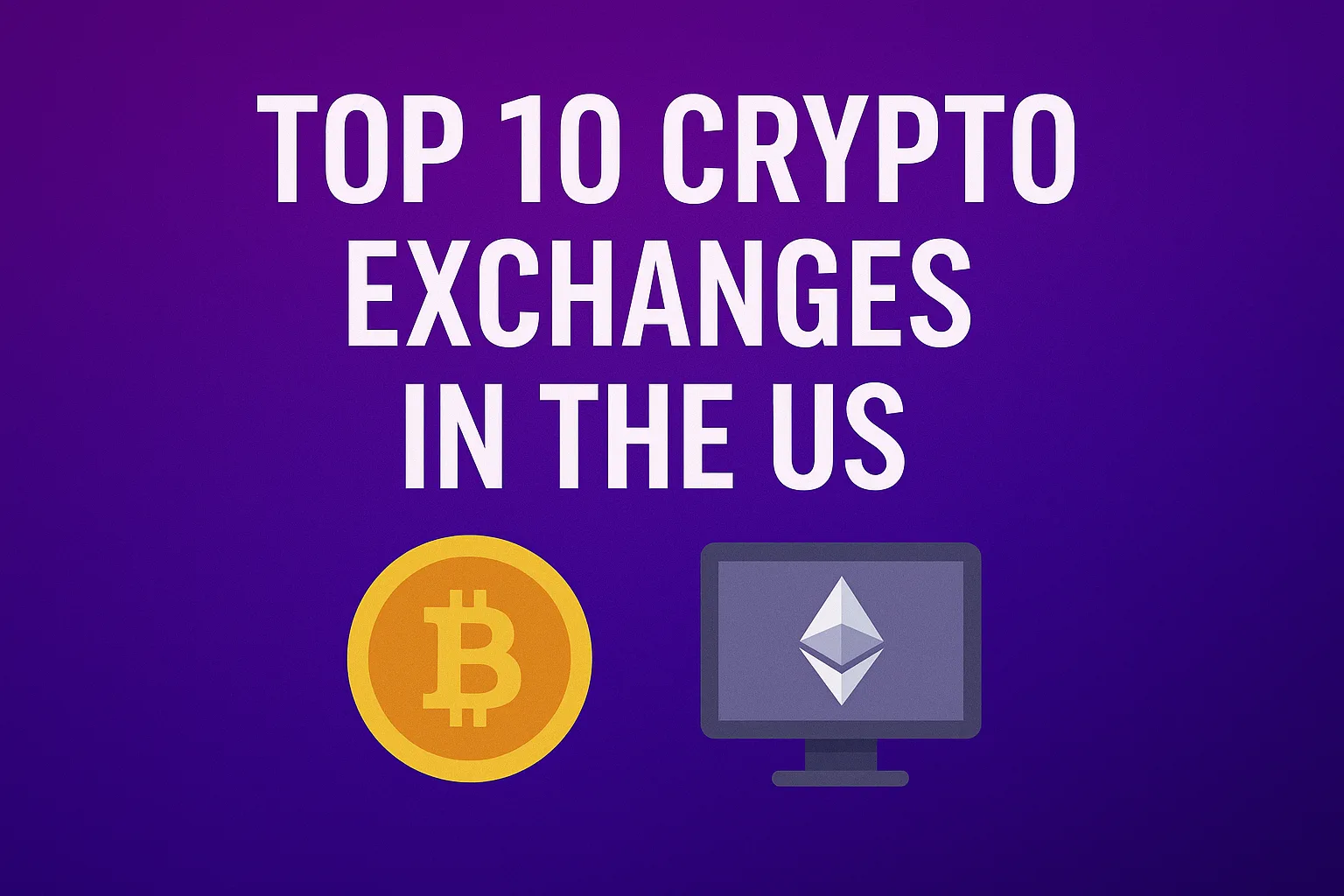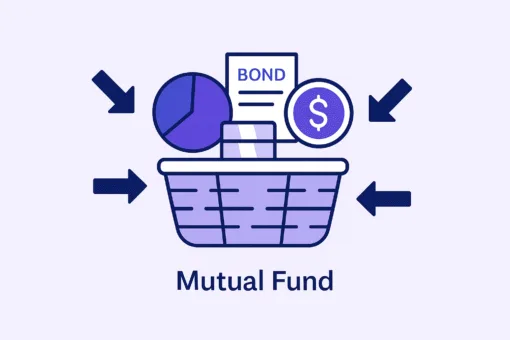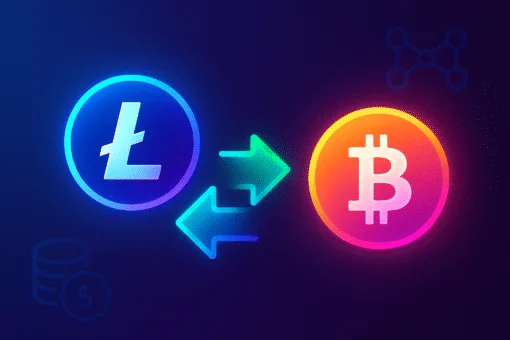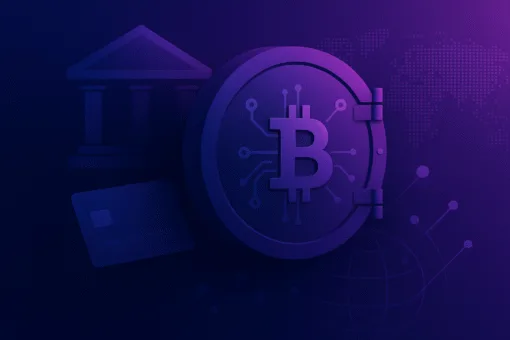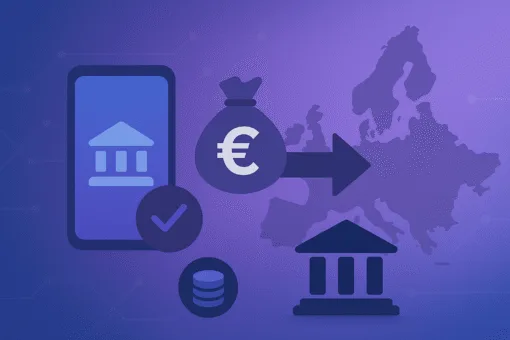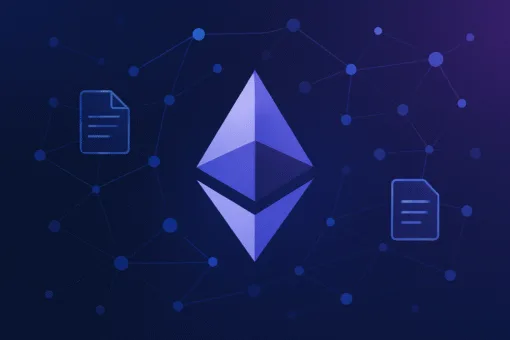The landscape of crypto trading in the United States has matured significantly. Exchanges no longer serve as simple marketplaces for buying and selling digital assets. They have evolved into full-service platforms with everything from zero-commission models and social trading features to institutional-grade infrastructure and regulatory compliance. This maturity reflects a broader shift in how American investors interact with digital assets.
Whether you are a first-time Bitcoin buyer trying to get exposure through a simple mobile app, or an advanced trader who needs low latency, high liquidity, and futures products, the choice of exchange matters. Fees, asset variety, security, regulatory status, and even user experience can dramatically change your results.
In this guide, we explore the top 10 crypto exchanges in the US in 2025, highlighting not only their strengths but also their hidden costs, trading fees, and best-fit user profiles. Think of it as a side-by-side map to help you make a more informed decision.
1. Coinbase

The mainstream choice for retail traders.
Coinbase has established itself as the most recognizable name in US crypto trading. With more than a decade in operation, it remains the go-to platform for beginners because of its simple design and strong brand reputation. Its app feels closer to online banking than a trading terminal, which helps attract new investors.
Coinbase offers two distinct experiences: the basic Coinbase app for casual users and Coinbase Advanced for those who want access to order books, charts, and lower fees.
- Trading fees:
- Basic: ~0.50% spread + flat fee ($0.99–$2.99 depending on amount)
- Advanced: Maker 0.00–0.40%, Taker 0.05–0.60%
- Other fees: Higher costs for credit card purchases and withdrawals
- Strengths: Insured custodial wallets, easy-to-use app, compliance-focused
- Weaknesses: High costs if you stay on the retail interface
For most Americans buying their first crypto, Coinbase is the default choice. But over time, heavy users usually switch to Advanced mode or look elsewhere for lower costs.
2. Kraken

High-security exchange for serious traders.
Kraken is often described as the “trader’s exchange.” Known for its conservative risk management, strong security track record, and global regulatory footprint, Kraken appeals to more experienced users.
It supports margin trading, staking, and futures, making it one of the most versatile US-regulated platforms. While fiat onboarding can sometimes feel slower compared to competitors, the overall trading experience is robust.
- Trading fees (Kraken Pro): Maker 0.00–0.16%, Taker 0.10–0.26%
- Other fees: Free ACH deposits; withdrawal fees vary by asset
- Strengths: Low fees, advanced tools, US + EU licenses
- Weaknesses: Slower fiat banking at times
Kraken is especially popular with those who prioritize security and want a professional-grade experience without moving offshore.
3. Gemini

Institutional-grade infrastructure with a retail touch.
Founded by the Winklevoss twins, Gemini built its reputation on compliance and transparency. It emphasizes security through features like cold storage and insurance coverage. The platform offers a dual experience: a simple app for retail buyers and ActiveTrader for professionals.
- Trading fees:
- Mobile app/web: ~0.50% spread + 0.49–1.49% convenience fee
- ActiveTrader: Maker 0.00–0.25%, Taker 0.01–0.35%
- Other fees: Free ACH; $10 minimum for wire withdrawals
- Strengths: Regulation-first approach, insurance, trusted custody
- Weaknesses: Very expensive for casual app users
Gemini attracts both institutions and security-conscious individuals who value compliance and insured storage.
4. Crypto.com

Mobile-first experience with extensive rewards.
Crypto.com has built an ecosystem around its app, Visa debit card, and token rewards. It’s designed for users who want more than just trading, offering everything from cashback perks to DeFi integrations.
- Trading fees: Maker 0.075–0.16%, Taker 0.075–0.25%
- Other fees: Free transfers to other users; network fees for withdrawals
- Strengths: Rewards-driven ecosystem, strong app design
- Weaknesses: Best perks locked behind CRO staking
Crypto.com appeals to mobile-first users who enjoy perks like cashback in crypto, but it requires token commitment to unlock real value.
5. Binance.US

Low fees and wide range of tokens.
While the global Binance exchange faces regulatory hurdles in the US, Binance.US offers a stripped-down but still attractive alternative. It has some of the lowest fees in the industry, especially for Bitcoin.
- Trading fees:
- BTC spot pairs: 0% (zero-fee Bitcoin promotion)
- Others: Maker: 0.00–0.35%, Taker: 0.00–0.35%
- Other fees: Free ACH; $15–$35 for wires
- Strengths: Extremely cheap, large token access
- Weaknesses: Limited features compared to global Binance
Binance.US remains the choice for cost-sensitive traders, though its reduced scope leaves some professionals wanting more.
6. eToro USA

Social trading meets crypto investing.
eToro blends crypto with traditional assets like stocks and ETFs, making it attractive for hybrid investors. Its standout feature is social trading, where users can copy the trades of top performers.
- Trading fees: 1.0% flat spread per transaction
- Other fees: $5 withdrawal fee, $10/month inactivity fee
- Strengths: Multi-asset platform, social trading, strong branding
- Weaknesses: Limited tokens, relatively high spread
eToro is best suited for new investors who want simplicity and community-driven strategies.
7. Robinhood Crypto

Zero-commission trading for the masses.
Robinhood was among the first to normalize commission-free stock trading, and it has extended that model to crypto. But its hidden spreads mean real costs can be higher than they appear.
- Trading fees: 0% commission, hidden spreads (0.3–1.5%)
- Other fees: No deposit/withdrawal fees, transfers still new
- Strengths: Sleek design, low barrier to entry
- Weaknesses: Lack of transparency, limited crypto support
Ideal for retail traders who already use Robinhood for equities and want occasional crypto exposure.
8. Bitstamp USA

European reliability with US access.
As one of the world’s oldest exchanges, Bitstamp has a reputation for stability and reliability. It takes a more cautious approach to token listings, focusing on compliance and liquidity.
- Trading fees: Maker 0.00–0.30%, Taker 0.00–0.40%
- Other fees: $10 wire withdrawal; free ACH
- Strengths: Regulated, trusted, long track record
- Weaknesses: Limited token selection
A strong option for conservative traders and institutions.
9. Uphold

Multi-asset platform with strong cross-border access.
Uphold differentiates itself by supporting crypto, metals, and fiat currencies all in one platform. Its pricing model is based on spreads that are displayed upfront.
- Trading fees: Spread ~0.8–1.2% on major cryptos
- Other fees: $0 ACH; $3.99 card withdrawal fee
- Strengths: Transparent, diverse asset access
- Weaknesses: Wider spreads than pro exchanges
Uphold appeals to global users and those who want diversification beyond crypto.
10. Swan Bitcoin

Dedicated to long-term Bitcoin investors.
Swan is designed for users who want to dollar-cost average (DCA) into Bitcoin. Instead of chasing short-term gains, it promotes an educational and long-term savings approach.
- Trading fees: 0.99–2.29% depending on purchase amount
- Other fees: Free BTC withdrawals (within reasonable limits)
- Strengths: Education-driven, Bitcoin-only simplicity
- Weaknesses: Not suitable for traders or altcoin buyers
Swan is the most specialized on this list, serving only those committed to steady Bitcoin accumulation.
Summary Fee Comparison Table
| Exchange | Fees | Perks | Users |
|---|---|---|---|
| Coinbase | 0.00–0.40% / 0.05–0.60% (Adv.) | Insured custody, easy UI | Beginners |
| Kraken | 0.00–0.16% / 0.10–0.26% | Margin, staking, security | Advanced traders |
| Gemini | 0.00–0.25% / 0.01–0.35% (Active) | Regulation + insurance | Institutions |
| Crypto.com | 0.075–0.25% | Rewards + debit card | Mobile-first |
| Binance.US | 0.00–0.35% | 0% BTC, token variety | Cost-focused |
| eToro USA | ~1.0% spread | Social trading | Copy traders |
| Robinhood | 0% commission (hidden spread) | Easy access | Retail users |
| Bitstamp USA | 0.00–0.30% / 0.00–0.40% | Trusted, regulated | Institutions |
| Uphold | ~0.8–1.2% spread | Cross-asset | Global casual users |
| Swan Bitcoin | 0.99–2.29% | Bitcoin-only focus | Long-term BTC buyers |
Conclusion
In 2025, crypto exchanges are not just places to trade. They are gateways to a broader financial ecosystem. Coinbase and Kraken continue to dominate for general use, while Binance.US and Crypto.com appeal to active traders seeking low fees. Newer players like Swan and Uphold target niche audiences with long-term or cross-asset strategies.
When choosing an exchange, consider more than fees. Look at regulation, user protection, available assets, and the ecosystem you want to be part of. The right choice depends not just on what you want to trade, but how you want to engage with crypto. As a casual buyer, an active trader, or a long-term believer.

